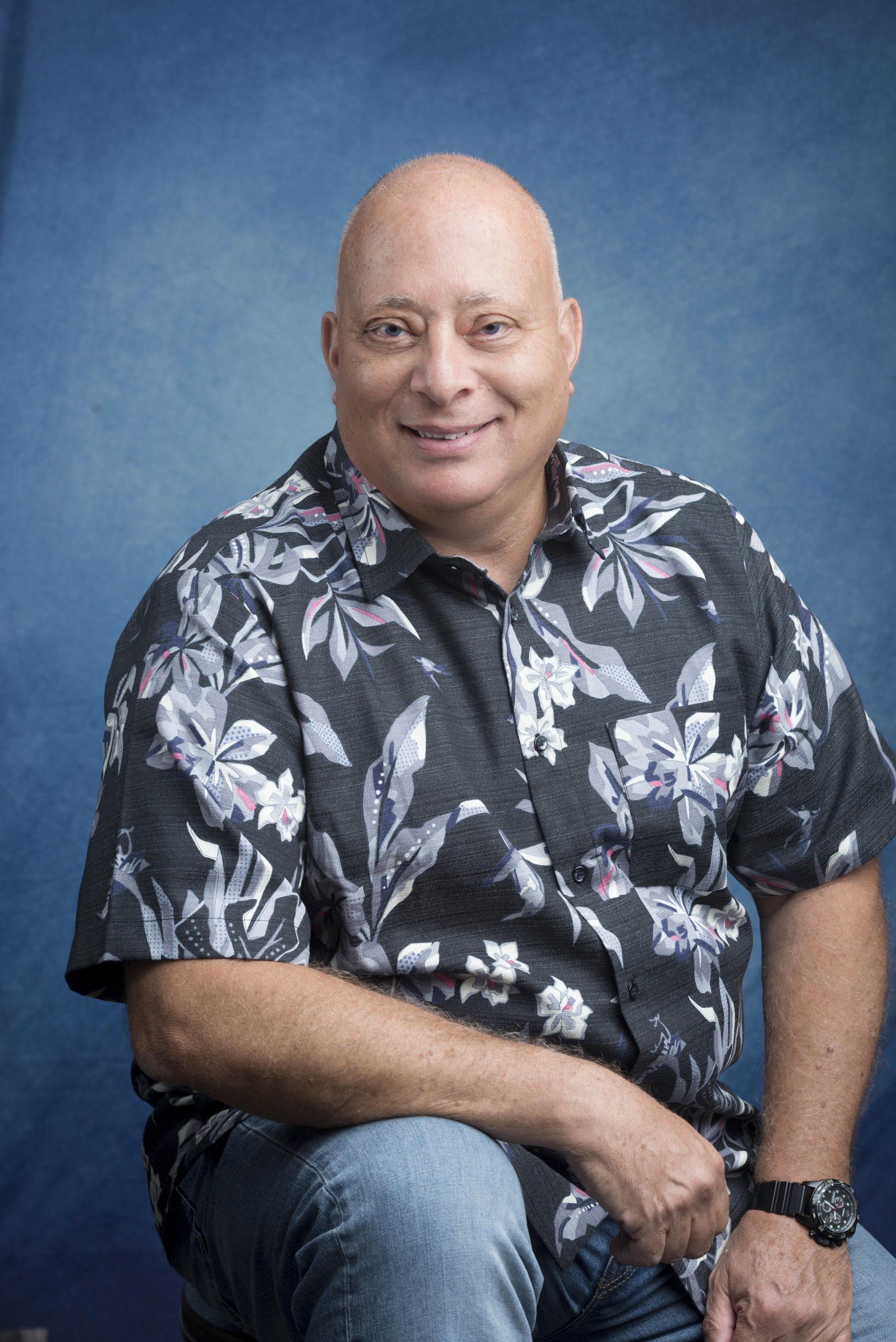By Harvey Egna
There have been several articles in the media regarding MedHealth and the issue needs to be examined more closely as there are certain irregularities.
I have examined the MedHealth contract and for the services provided to GMH, the revenue sharing is not appropriate. As a matter of fact, it’s downright outrageous. Someone is getting very rich off the taxpayers. As a consultant in the banking, risk and collections field I would conduct this type of collection skills training for a flat rate of $8,000 to $10,000 over the course of one month. Period. That’s all it takes and it’s not rocket science.
It’s unethical for a consultant to share in its client’s revenue – especially at the huge percentage billed by MedHealth month after month for essentially training collections staff. Once the training is completed MedHealth no longer needs to be involved. Furthermore, I need to ask if MedHealth is receiving a 12 percent commission on garnished tax refunds, as well as Medicare and Medicaid payments over the $7.2 million baseline? If yes, why? As for the ‘increase’ in collections during the spring months, it’s not through any MedHealth ‘magic,’ but simply due to the garnishments of tax refunds and normal bump in voluntary debt payments that happens as a result of tax refunds which also typically happens in the spring. This is a well-known event in the business.
Additionally, as per the Department of Revenue and Taxation, MedHealth does not have a current business license. And the contract references MedHealth collecting on behalf of GMH at a rate of 30 percent. To operate a collection agency in Guam an application must first be submitted to DRT for a business license indicating that the type of business is a collection agency. The business license office at Rev & Tax refers that application to the ISBRE Branch (Insurance, Banking & Real Estate) for vetting and satisfaction of additional requirements (such as a performance bond, review of financial statements, etc.) before signing off on an approved business license to operate a collection agency.
In the case of MedHealth, no such application was made and no such license or certificate exists for MedHealth to operate a collection agency or debt collection type company. So… how is GMH doing business and paying invoices to an unlicensed business?
If MedHealth was in fact collecting funds on behalf of GMHA, it did so while operating as both an unlicensed business and collection agency. I have a further concern as consumer debt collections is highly regulated by the Federal government. Specifically, the FDCPA (Fair Debt Collection Practices Act) (15 U.S.C. 1692 et seq) is a federal law that very narrowly limits the actions of collectors who are attempting to collect past due debts, including medical debts. If MedHealth (was) collecting debt and operating as an unlicensed collection agency, they are probably not acting in compliance with the FDCPA. Furthermore if they are operating as a debt collection agency in Guam without a license or certificate they are operating illegally. As such, any funds collected without the debtor first receiving the FDCPA required disclosures, validation notice and 30 day window to dispute the debt should be returned.
This potentially exposes GMHA and GovGuam to the risk of federal consumer complaints and penalties. The creditor (in this case GMHA) is ultimately responsible for oversight and the actions of its agency. If a collector violates the FDCPA, the debtor can sue them in federal court for damages and legal fees within one year of the violation.
When a creditor or government agency entrusts its customers (or patients) to an outside agency it must undertake stringent due diligence and frequent audits to ensure that the agency is (1) properly licensed, (2) compliant with laws, and (3) has the proper operating environment to safeguard the customer’s sensitive information. In the end, it’s the creditor (in this case GMHA), not the agency, that bears the ultimate responsibility as they have selected the agency with which to do business.
In my opinion and based upon my research, the operations of MedHealth should be looked into as a matter of priority. Should this be investigated by enforcement personnel from Rev & Tax as well as well as auditors from the OPA and the Attorney General’s Office, it should also be noted that the agreement with MedHealth was signed by both the governor and attorney general.
Harvey Egna managed national recovery collections, was Federal and state audit liaison, and conducted vendor audit management for Wells Fargo Bank, as well as a number of other banks. He is a resident of Yona.







2 Comments
Jos louhaga
11/24/2022 at 9:50 AM
A well written article to call out the ineptitude of the current leadership throughout the government of guam..Crooked is the term for those whom are unfamiliar..deplorables for the vernacular of partisan liberals
Alan San Nicolas
11/26/2022 at 7:47 AM
Douglas Moylan espiha este na beda. Na ma imbestiga. Na fan haspok I pupbliku ni åtorat na setbisio. Mungnga na I man riku pofan mas riku ya I man popble pofan po-poble (táisalape). Hafa Adai Afañelos